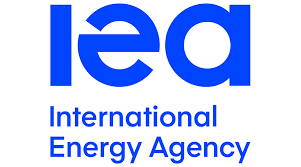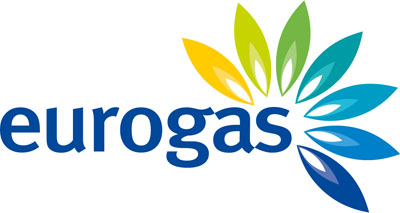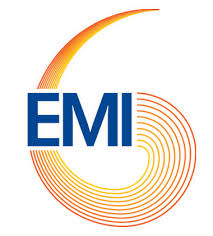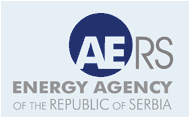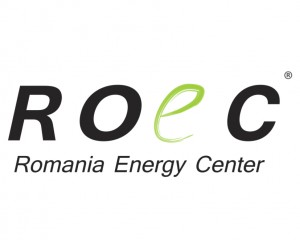The comment by Russian state-controlled Gazprom's trading arm were made at the Oil and Money conference in London.
Last year, India's Petronet renegotiated its deal with supplier Qatar's Rasgas, agreeing a different oil-linked price formula but also higher volumes over the course of the contract.
Gazprom will decide within six months whether or not to renegotiate a long-term LNG supply agreement with Indian state-controlled gas distributor Gail, Gazprom chairman Alexei Miller said earlier this week.
With long-term LNG contracts expiring over the next few years, significant changes are expected in other deals.
"I think it shows that those formulas do not reflect the true price of LNG," Gazprom M&T chief commercial officer of global LNG Frederic Barnaud said.
"At this stage, everything is being renegotiated everywhere. Buyers are looking at spot or the three-year forward price rather than the long term."
Over the past few years, oil-linked LNG prices have usually been higher that spot LNG prices, which has led to buyers looking for different ways to price LNG.
The average Argus northeast Asia (Anea) LNG spot price for 2015 was $7.58/mn Btu, compared with the Argus oil-linked Japan LNG price of $9.90/mn Btu. Year to date in 2016, the Anea average was $5.28/mn Btu, compared with $6.59/mn Btu for an oil-linked delivered price to Japan.
Barnaud said that there was no reason to have destination restrictions. In many long-term contracts, LNG must go to a specific terminal, without the flexibility of being delivered to a different market.
He also said a US fob price would be more reflective of a global LNG price because it would show the marginal cost of supply to the global market, rather than a northeast Asia delivered price, which would only reflect LNG in a single region.
These issues had to be resolved before new final investment decisions are made on future LNG export projects, Barnaud said.
Long-term LNG contracts have usually been signed linked to oil, but buyers have been resisting new deals based on the same formulas. With the LNG market heading to oversupply over the next few years, importers are negotiating either a lower percentage of the oil price, linking to gas hubs such as the US Henry Hub or UK NBP, a spot LNG price or a hybrid model.
(www.argusmedia.com, 20/10/2016)




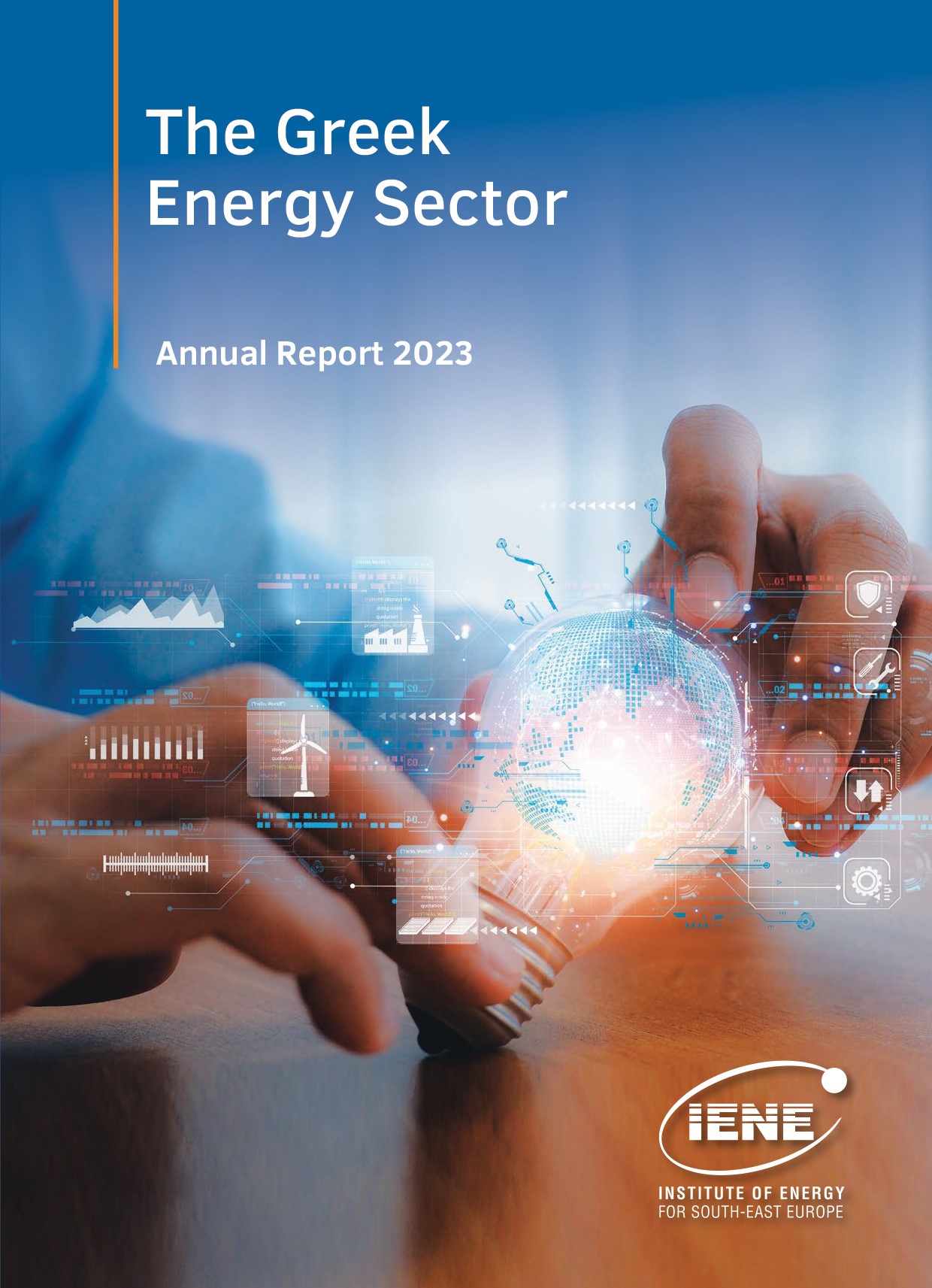
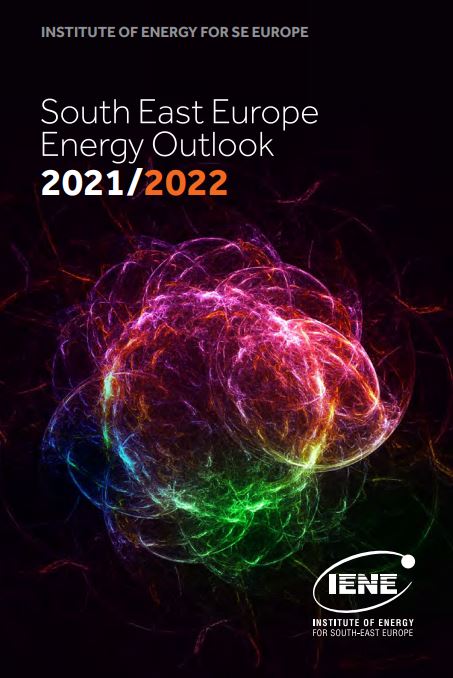
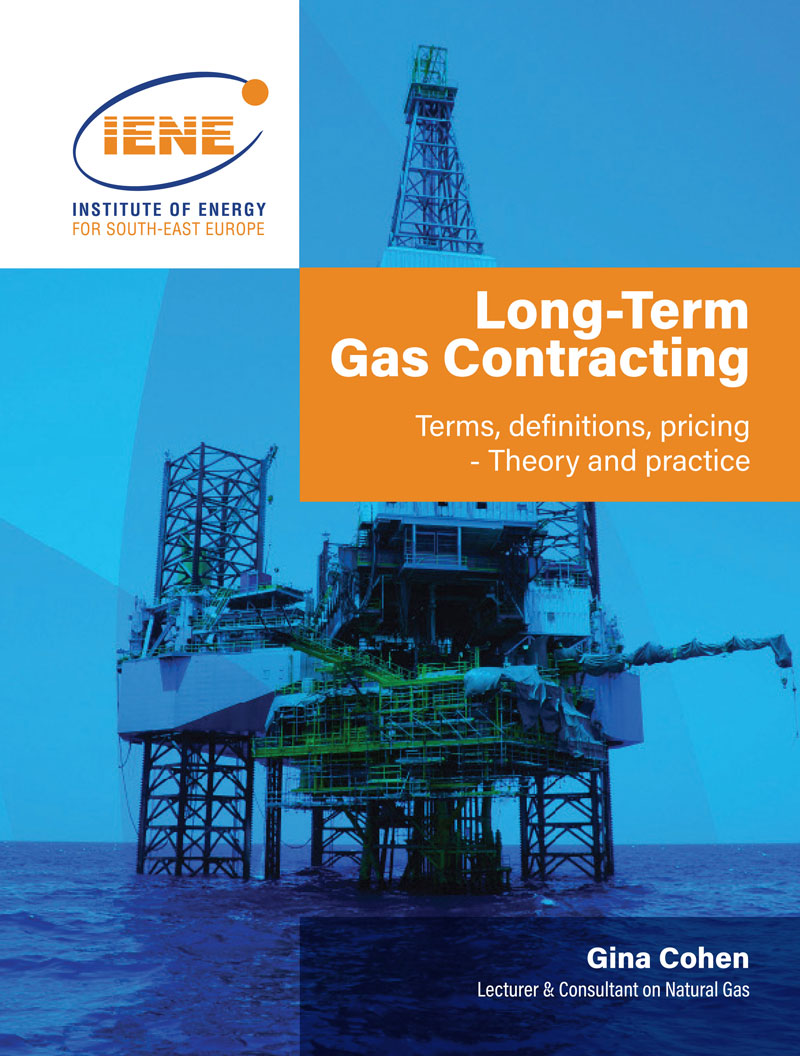 More
More
